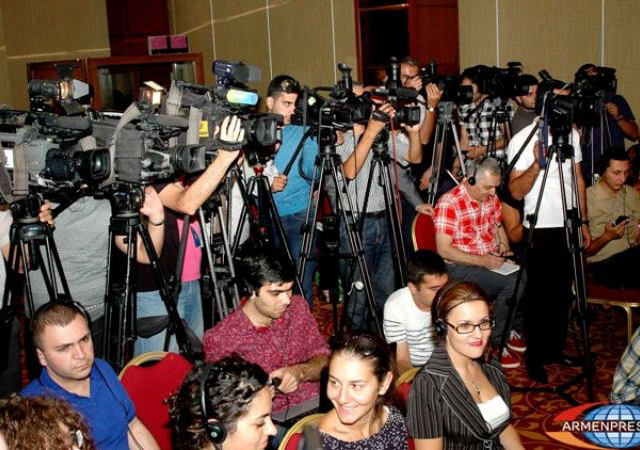Photo by Fons Heijnsbroek on Unsplash
EU Commissioner for Home Affairs Ylva Johansson has called for an effective policy on labour migration.
The official was speaking at the April plenary session of the European Economic and Social Committee (EESC) in a discussion on the EU Talent Mobility Package.
Johansson called for a ‘team Europe’ approach to labour migration with a broader European dimension.
The EU official noted, “Labour migration is mainly a national competence and it will continue to be so, with one Member State after another increasing quotas for labour migration.
“But we need to create a team Europe approach, with EU institutions, Member States and civil society organisations working together to bring new initiatives and facilitate the implementation of labour mobility policies.”
The initiative comprises a series of new measures designed to make the Union more attractive to talent from outside the EU, and to facilitate mobility within it.
The commissioner wants the EU Member States and civil society organisations to embrace the innovation and ensure that there is an effective policy on labour migration.
One of the basic measures in the package is the “Talent Pool” initiative, the first EU-level voluntary matching pool, where interested Member States can bring together employers in the EU and jobseekers in third countries.
It is estimated that the Talent Pool initiative will have a positive impact on EU GDP, with up to €4.2 billion generated by additional wages and 20 Member States participating until 2030.
However, as EESC stressed in its opinion, adopted in the plenary, the EU Talent Pool “needs to be practical, easy-to-use and trusted tool that is attractive for workers and employers.”
At the same time, it has to support fair and ethical legal labour migration.
EESC president Oliver Röpke stressed that “The EU faces severe labour and skills shortages due to transition to a green and digital economy, and demographic challenges.”
“The talent mobility package can be one instrument among others to alleviate these challenges. At the same time, skilling and reskilling as well as adequate protection of workers and companies against exploitation and unfair competition are necessary.”
This initiative aims to provide a comprehensive policy framework to address labour and skills shortages across Europe.
These shortages are triggered by a variety of factors which have caused serious obstacles to the operational levels of European companies, with 75% of SMEs reporting difficulties in finding skilled workers.
EESC members also spoke about exploitation, proper salaries and decent conditions, and labour security, which would guarantee attractive work opportunities for migrant and refugee workers.
EESC member Tatjana Babrauskienė, rapporteur for the opinion, said that “Transparent and trustworthy information on accessing jobs in EU Member States and on requirements, including the recognition of qualifications, needs to be provided via one single EU website for workers and employers.”
When it comes to helping third-country nationals to find good jobs in the EU and employers to recruit these workers, Babrauskienė added that “The skills and competences of workers from third countries should be assessed and swiftly validated to ensure that their skills are certified and they can obtain their qualifications when necessary”.
EESC member and co-rapporteur Mariya Mincheva pointed out that “The EU Talent Pool should not result in an increased administrative burden for employers.
“It should be straightforward to transfer vacancies from national public employment services to the EU Talent Pool.”




